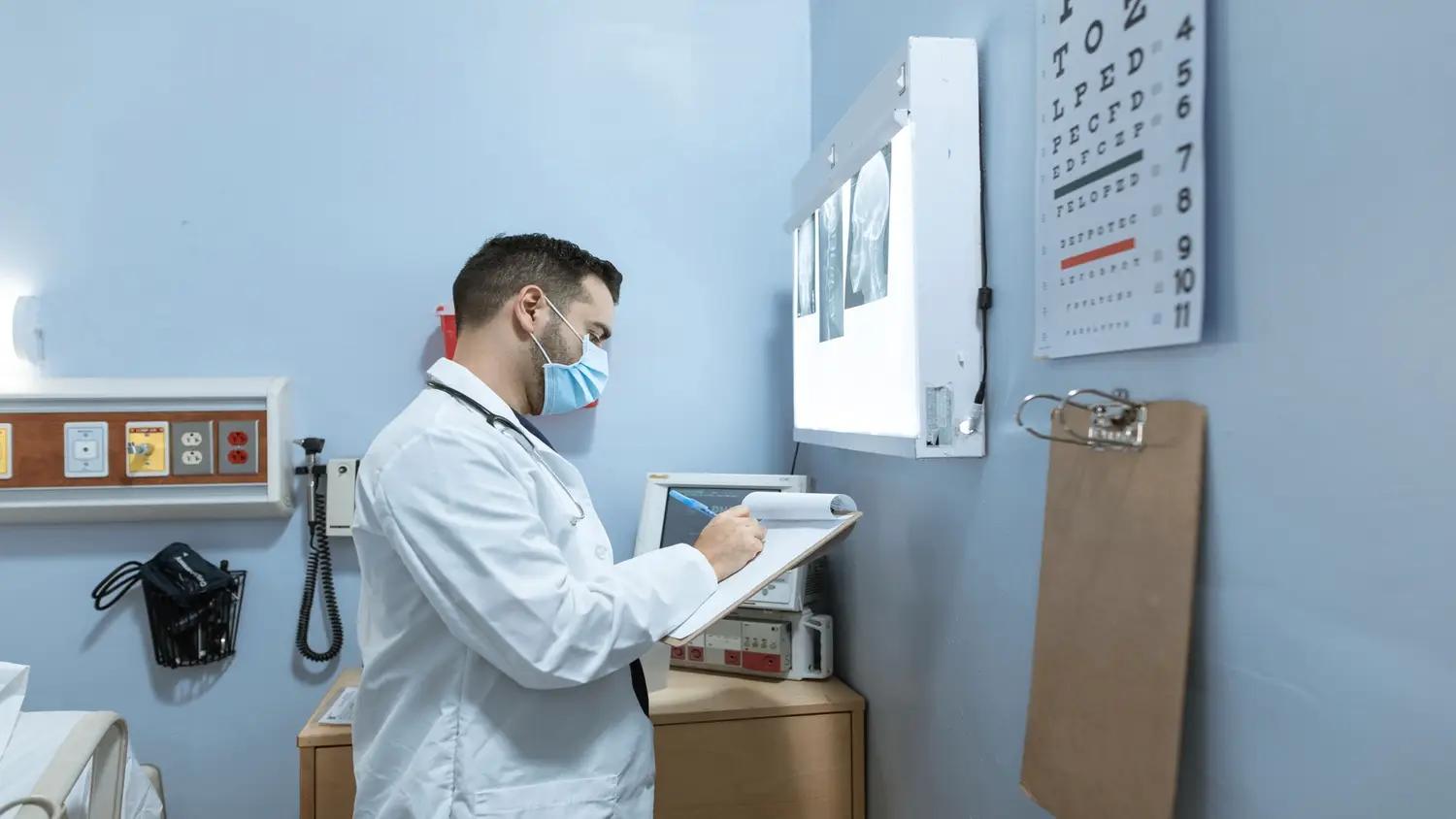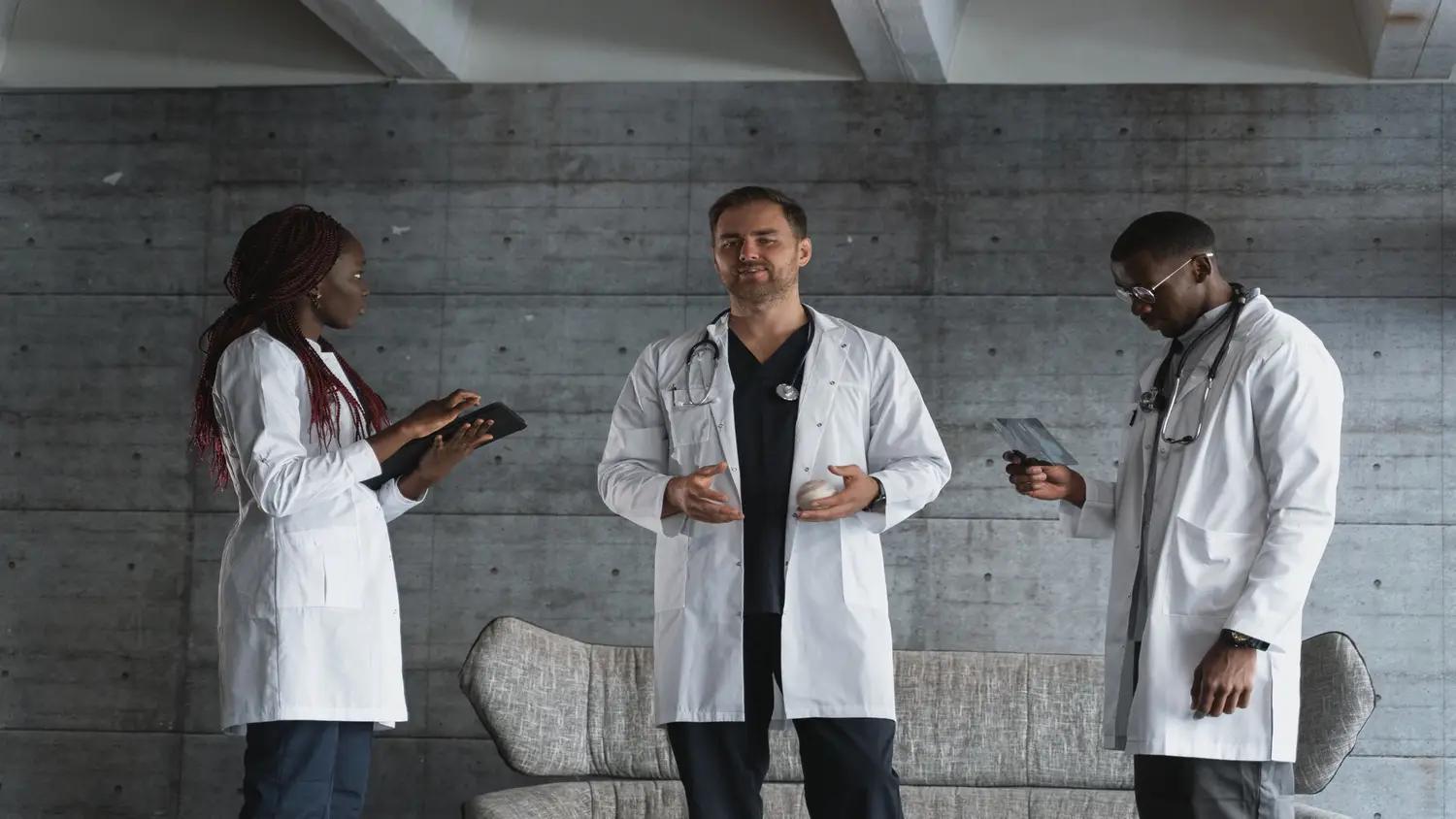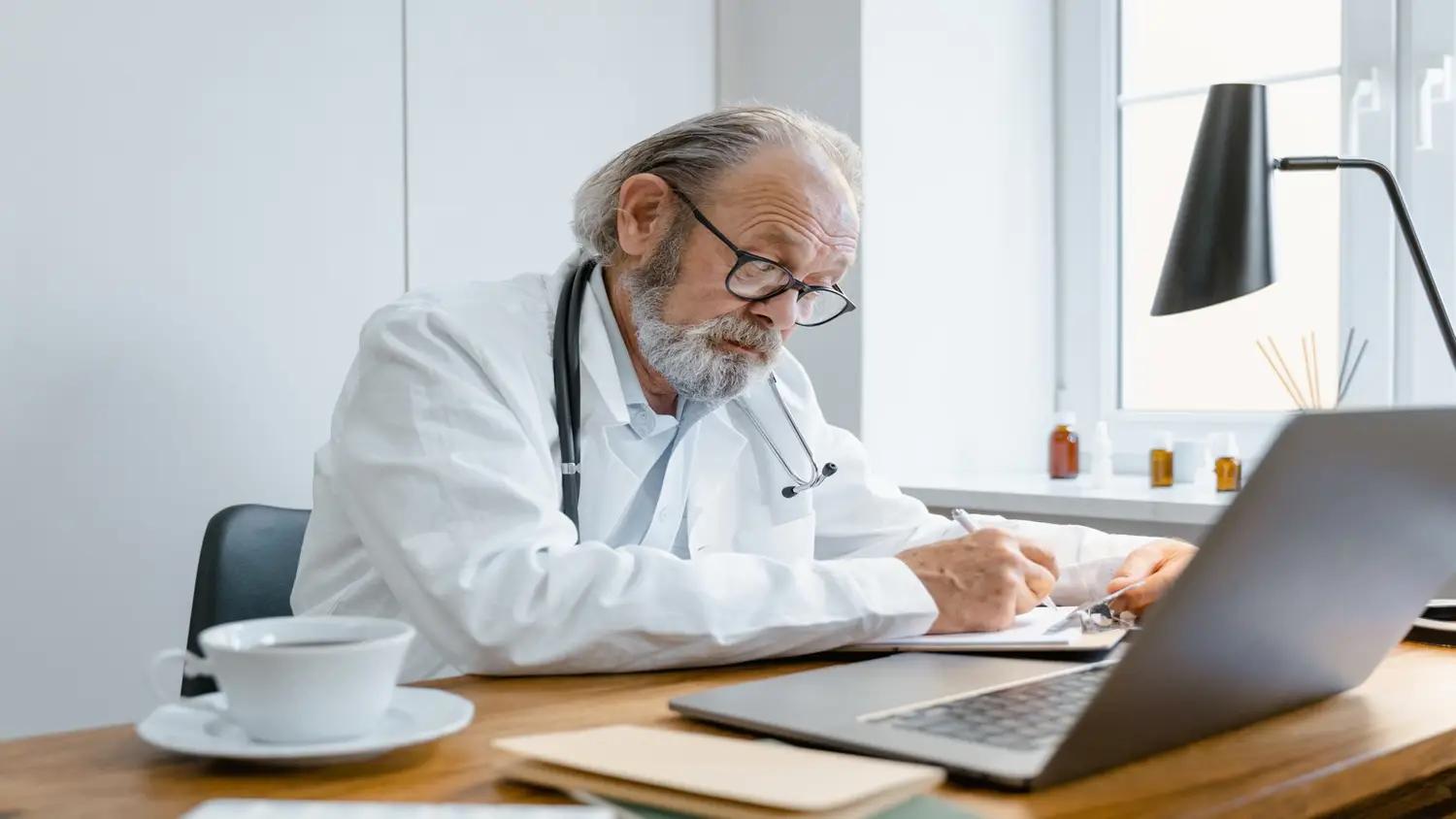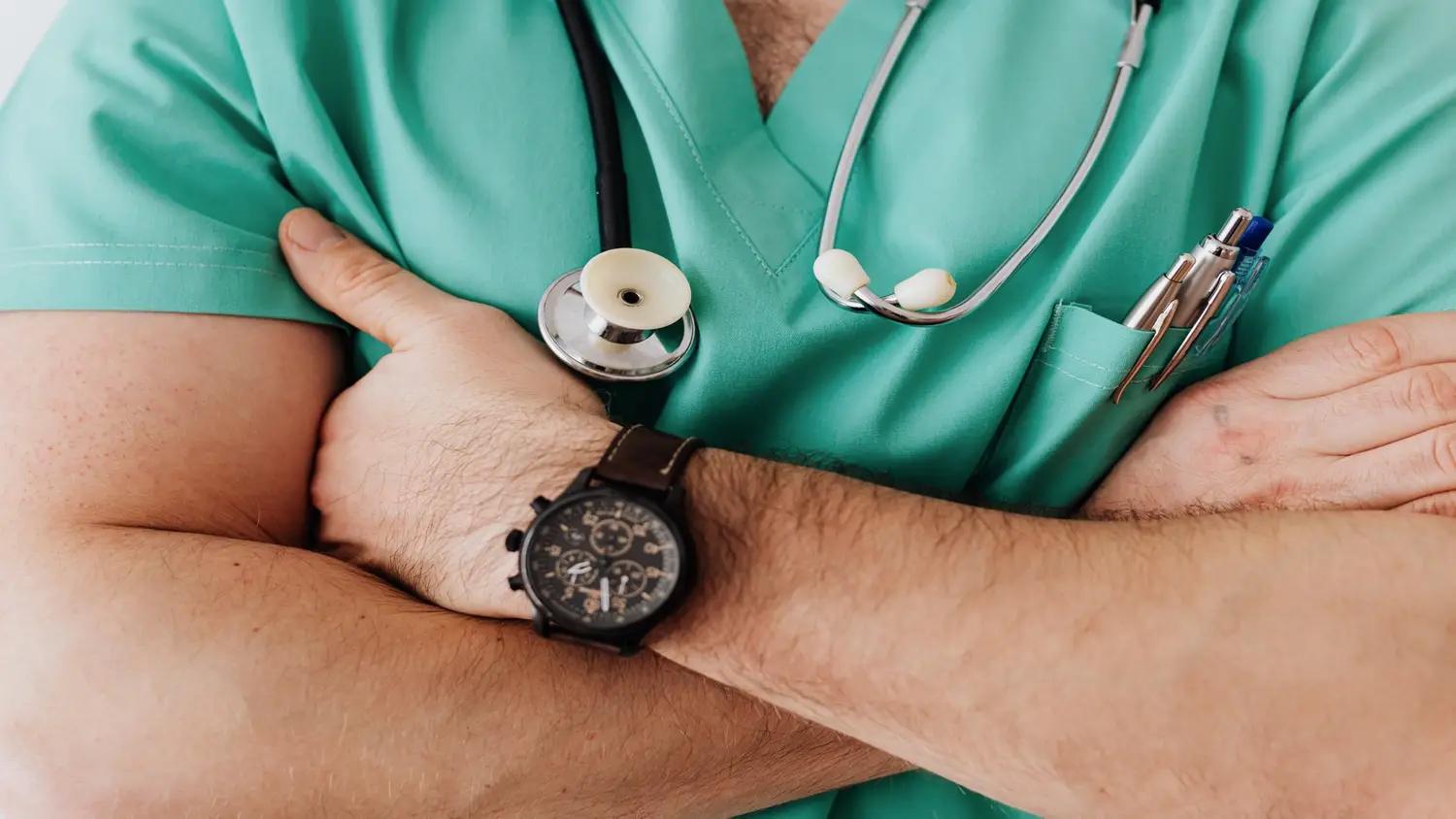
Comprehensive Training Course on Herbal Medicine for Physicians
English
Recorded Courses
hosted by Academy of Pain Research
hosted by Academy of Pain Research
attend it anywhere online
category
Other Fields, Medicine
Herbal Medicine
price
$6200
Comprehensive Training Course on Herbal Medicine for Physicians is organized by Academy of Pain Research.,,Dates: May 20, 2022 to July 28, 2023,,Description:,Importance of herbal medicine:,Parallel to the phenomenal growth of the complementary and alternative medicine movement, botanical agents have found their way into all kinds of nutritional supplements and herbal formulae, many of which are derived from traditional Chinese herbal medicine (TCM). More importantly, patients who take multiple herbs do not always share this information with their healthcare providers, who may at the same time find their formal medical education in this area to be lacking. Potential toxicities, drug-herb interactions, and the therapeutic efficacy of herbal agents are of prime concern to many physicians. Although piecemeal information may be available from books, news media, and journal publications, there has been no formal educational forum to convey such vital information to the medical profession, let alone an effective educational program to enable healthcare professionals to acquire the knowledge necessary to properly incorporate herbal medicine into their practices or to pursue research in this field. This course is specifically created to fill that void. Currently, this course is in its twentieth successful year, and it is the only course of its kind.,Comprehensive coverage:,The combination of a multimedia home-study program, seminars, hands-on workshops and laboratories, herbal tours, clinical runs with actual case analyses, etc. allows the participants to obtain up to 280 hours of intensive training in the span of about 6 months, encompassing key areas essential in acquiring a sound knowledge base of Chinese herbal medicine.,Practical applications:,Throughout the course, many practical skills and know-how will be taught. Preparation from raw herbs, hands-on TCM diagnostic techniques, economical aspects of herbal medicine, clinical runs, herbal lab, herbal tour, herbal formulae design, and TCM therapeutic approach to common medical problems will be covered.,Integration of theory and practice:,Herbal medicine will be examined not only in terms of the tenets and principles of the time-tested discipline of traditional Chinese medicine but also on the basis of modern medical science. Important topics in modern scientific research and evidence-based practice will also be presented.,Unique features:,This educational program is unique in many ways. TCM, the venerated science of healing, is approached with a modern theoretical framework. Special teaching tools are employed to facilitate learning. Much of the information contained in this course is not available from other sources.,,Educational Objectives:,At the end of this activity, participants will be able to:,• Gain awareness of the current basic scientific research on some of the important herbal agents used in Traditional Chinese Medicine.,• Obtain information on commonly employed Chinese herbs.,• Acquire knowledge of popular herbal formulae and their general usage.,• Review the theories of Traditional Chinese Medicine on which the formulation of Chinese herbal treatment is based.,• Recognize the practical aspects of Chinese Herbal Medicine in the modern clinical setting.,,Statement of Need:,"Herbal treatment is extensively sought and used by a vast segment of the patient population. According to the World Health Organization (WHO), 80 percent of the world's population presently uses herbal medicine for some aspect of primary health care. In an NIH-sponsored survey of U.S. adults, 18 and over, published in 2004, herbal therapy was the most commonly used CAM (complementary and alternative medicine) therapy used when all use of prayer was excluded.,In fact, approximately 25 percent of modern medicines used in the U.S. have been derived from plants first used traditionally. Therefore, the utility and efficacy of numerous herbal treatments for a variety of clinical indications have been well supported by rigorous scientific analyses. Given the already pervasive use of herbal therapies and growing bodies of evidence for their appropriate use, it is imperative for physicians to be knowledgeable in this area. Physicians represent the class of health care professionals best positioned to deliver this treatment modality safely and synergistically alongside "modern" or "Western" medical interventions. The necessity of this Course, as well as the enthusiasm with which it is received annually by its participants, is well,,Course Structure:,The Herbal Medicine Course (consists of 280 hours of learning): The comprehensive curriculum encompasses the essentials of Traditional Chinese Herbal Medicine to promote the fundamental understanding of how herbs may be used to benefit patients in modern clinical practice.,This course is taught in three stages, required for all participants.,STAGE A: Preparatory Program - May 20 to August 22, 2022,During this initial stage, fundamental knowledge about individual herbs, herbal formulae, and the theoretical framework of Traditional Chinese Medicine (TCM) will be taught in order to optimize the educational experience of the participants during Stage B, the face-to-face practical sessions beginning in July 23, 2023. This segment will cover much more than a cursory knowledge of Chinese herbal therapy and include the following topics:,• Theoretical Foundation: Important concepts of TCM such as the eight categories of illnesses; four methods of diagnosis; internal, and external, physical and emotional causes of diseases; and patterns of progression of pathological processes, etc. will be presented in an online multimedia program and a specially designed course workbook. The principles of TCM, though seemingly foreign to modern physicians, will be logically explained in modern medical terms.,• Individual Herbs: The properties, sources, therapeutic actions, potential adverse effects, scientific data, traditional usages, and modern clinical studies of over 120 herbal agents will be described.,• Herbal Formulae: Herbal ingredients, relative dosages, therapeutic rationale, and traditional and contemporary explanations of the healing mechanisms of many well-known herbal formulae will be explored.,• Treatment Strategies: Major TCM therapeutic methods such as tonification, dispersion, diaphoresis, emesis, catharsis, qi mobilization, and equilibration will be discussed.,• Classification of Herbs According to the Meridian System and how such a concept may be extrapolated to understand pharmacological actions and side-effects of modern drugs.,• Yin and Yang and the Modern Clinical Experience: How a basic TCM concept such as yin and yang may be used to interpret the findings of modern clinical trials and how this knowledge may be translated into actual benefits for patients.,• Algorithms in Designing Therapeutic Formulae: How to select individual herbs according to their pharmacological properties, and combine them effectively to achieve a specific therapeutic goal, and balance the formula with additional agents to reduce its potential side effects and enhance its overall efficacy.,Depending on the time of enrollment, the participants are expected to devote a minimum of 5 to 10 actual viewing or listening hours per week to the program, so that they will be adequately prepared to take full advantage of the learning experience in the practical sessions of Stage B.,,STAGE B: Practical Sessions - July 23 (Sunday) to July 25 (Tuesday), 2023,This 3-day program is designed to consolidate the knowledge gained during Stage A, converting theoretical and factual knowledge into practical applications in day-to-day patient care. Various practical facets of herbal treatments will be covered:,• Herb's recognition laboratory: Participants will be trained to recognize common herbs in the Chinese medicine formulary by examining actual samples generally found on the shelves of traditional herbal stores.,• Herbal tour: Visit the Chinese Herbal Garden at UC Berkeley and observe a large variety of herbs in a natural habitat.,• Traditional herbs preparation and tasting: The proper way of decocting herbs will be demonstrated, and participants will be able to sample various potions (formulae) to acquire firsthand knowledge of what it is like to take herbal medicine the traditional way.,• Contemporary herbs preparation: Herbal extracts and concentrates derived from raw herbs with modern technology without significant loss of potency can take the forms of tablets, capsules, powder mixtures, and elixirs.,• Setting up an office-based modern herbal pharmacy: Ordering, stocking, organizing herbal supplies, and inventory management in a physician’s office will be discussed.,• Custom preparation of herbal formula: Special training in an herbal modular system specifically designed for a patient will be demonstrated.,• Hands-on diagnostics workshop: Diagnostic methods of TCM such as inspection, questioning, and palpation will be taught, emphasizing tongue and pulse diagnosis and how to correlate findings with patient's symptoms to help formulate the therapeutic strategy.,• Clinical run: Some participants will have the opportunity to be examined by the faculty members to assess their health status and to initiate a health maintenance plan using the herbal approach.,• Herbal economics: The proper and equitable way of generating revenue by maintaining in-house herbal supplies for the benefit and convenience of patients.,,STAGE C: Post-conference Home Study Program - August 23 to November 30, 2022,Additional herbs, herbal formulae, case studies, dietary therapy according to TCM, and special interest topics will be covered in audio, video, and written media following the practical experience gained from attending the face-to-face session of Stage B, including the following:,• Setting Up an Office-Based Modern Herbal Pharmacy: Ordering, stocking, organizing herbal supplies, and inventory management in a physician’s office will be discussed.,• Clinical Runs: Demonstrations by faculty members on how to assess a patient’s health status and initiate a health maintenance plan using the herbal approach will be presented.,• Herbal Economics: The proper and equitable way of generating revenue by maintaining in-house herbal supplies for the benefit and convenience of patients., TOPICS FOR STAGE B AND STAGE C, Major Clinical Applications of Herbal Therapy:,The following topics will be presented in Stage B and Stage C,• Herbal Management of the Climacteric: The non-hormonal approach will focus on the TCM ways of using various traditional herbal formulae to treat the symptoms of menopause and peri-menopause.,• Women's Health from the TCM Point of View: The understanding of the special physiological makeup of women from the standpoint of Traditional Chinese Medicine has provided diverse methods of treating acute as well as chronic gynecological problems such as dysmenorrhea, menorrhagia, pre-menstrual tension, etc.,• Pain Management: The roles of herbal therapy in treating acute pain such as musculoskeletal conditions secondary to trauma and chronic pain including repetitive strain injuries, complex regional pain syndrome, arthritis, and fibromyalgia will be discussed.,• Emotional Disorders: The origin of depression and anxiety is multifactorial according to TCM, so the treatment may involve different therapeutic strategies with a wide range of choices of herbal agents.,• Respiratory Disorders and Immune Dysfunctions: How herbal medicine may modulate the immune response in various chronic pulmonary disorders, with special emphasis on asthmatic conditions., ,• Herbs for the Guts: Chronic gastrointestinal diseases affect a large segment of the industrialized population, yet available treatments are mostly palliative. The use of herbal remedies can be used to treat common problems such as GERD and irritable bowel syndrome.,• Mitigating the Side-Effects of Chemotherapy: The herbal paradigm.









